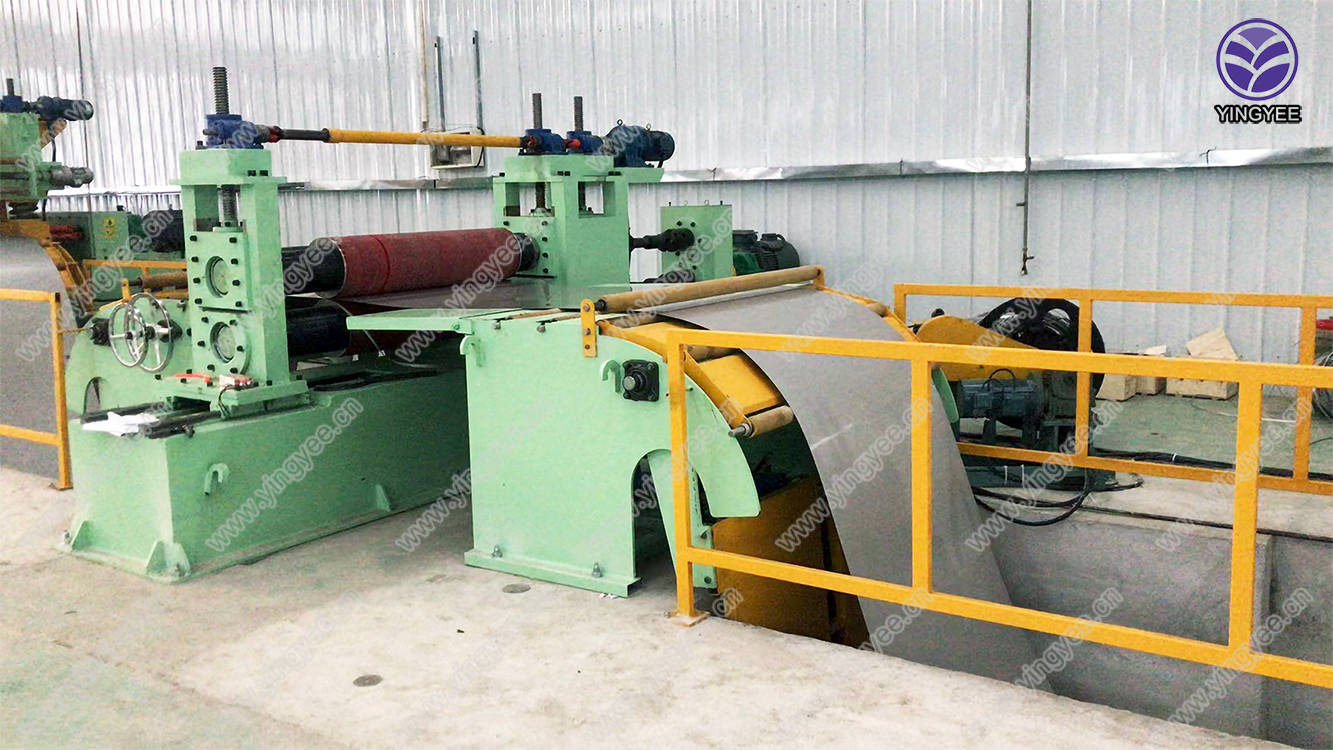
Coil Cut to Length Machines An Essential Tool in Modern Manufacturing
In the ever-evolving landscape of manufacturing and metal processing, efficiency and precision are key factors that determine the success of production operations. Among the myriad of machines that facilitate this efficiency, coil cut to length machines stand out as vital equipment for processing metal coils into specified lengths. This article explores the workings, benefits, and applications of these machines, highlighting their significance in various industries.
At its core, a coil cut to length machine is designed to cut large rolls of material, typically metal strips, into shorter, predetermined lengths. The process begins with a roll of metal coil, which is unwound and fed through the machine. Advanced technologies, including servo motors and programmable logic controllers (PLCs), ensure that the feed lengths are precise. The machine can handle various materials, including steel, aluminum, and copper, and can cater to different thicknesses and widths.
One of the primary advantages of coil cut to length machines is their ability to enhance efficiency and productivity. In traditional cutting methods, handling large metal coils and manually cutting them to size can be time-consuming and labor-intensive. In contrast, automated coil cut to length systems streamline the process, delivering high-speed cutting that minimizes waste and reduces labor costs. By optimizing material usage and increasing throughput, manufacturers can significantly boost their overall productivity.
Another significant benefit of these machines is the precision they offer. Modern coil cut to length machines are equipped with state-of-the-art technology that ensures every cut is accurate, minimizing the risk of errors that can lead to material waste or rework. The ability to program specific lengths allows manufacturers to cater to diverse customer needs quickly, thereby enhancing production flexibility.

Aside from efficiency and precision, coil cut to length machines contribute to improved safety within manufacturing environments. Manual cutting of metal can be hazardous, with risks of injury involved. By automating the cutting process, these machines reduce the need for direct human interaction with dangerous equipment, allowing operators to focus on overseeing the process from a safe distance.
The applications of coil cut to length machines are vast and varied. They are widely used in industries such as automotive manufacturing, construction, and metal fabrication. For example, in the automotive sector, these machines are vital for producing high-quality metal strips needed for various components, ensuring that parts meet strict specifications for safety and performance. Likewise, in construction, cut-to-length metal sheets are essential for framing, roofing, and other structural applications.
Furthermore, as industries continue to lean towards sustainability, coil cut to length machines play a crucial role in reducing waste. By cutting coils to precise lengths, manufacturers can minimize scrap material, thereby contributing to a more sustainable production process. This not only meets the growing consumer demand for environmentally friendly practices but also benefits manufacturers economically by lowering material costs.
In conclusion, coil cut to length machines are indispensable tools in modern manufacturing. Their ability to increase efficiency, provide precision, enhance safety, and reduce waste makes them essential for industries relying on metal processing. As technology continues to advance, these machines will likely see further improvements, solidifying their role as a cornerstone of efficient and sustainable manufacturing practices. Whether in automotive, construction, or metal fabrication, the contributions of coil cut to length machines are integral to the success of various manufacturing processes.